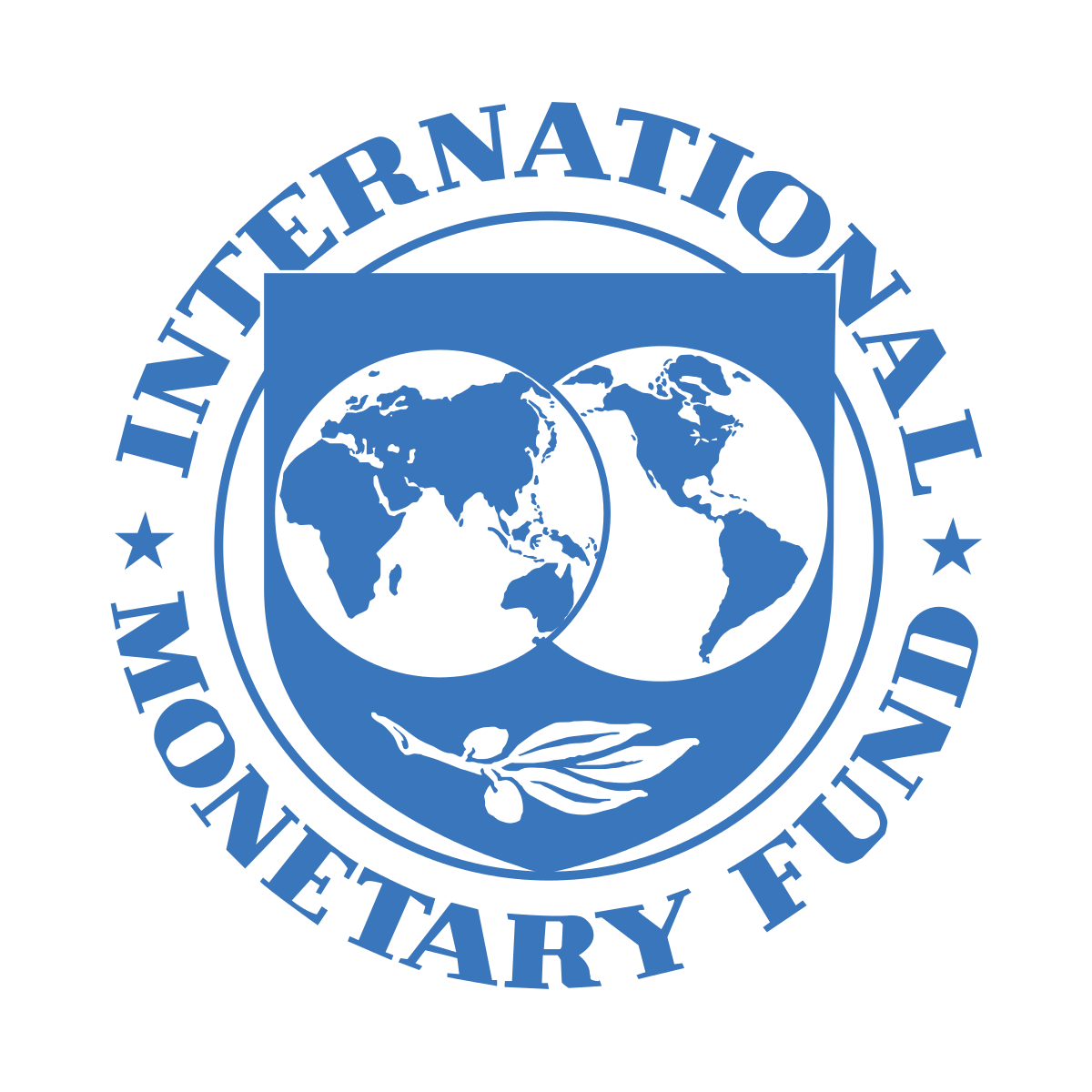
IMF logo
After a break of more than ten years, the International Monetary Fund (IMF) concluded its Article IV Consultation with Libya on 24 May.
In a 12 June statement the fund praised Libya for the recent improvements it had made in data collection, sharing and transparency, which have enabled it to recommence its surveillance. The IMF also flagged up what it described as ‘key strengths and opportunities,’ that will support Libya’s economic recovery.
These include the fact that the Central Bank of Libya (CBL) has ‘maintained a large stock of international reserves, supported by a fixed exchange rate, capital controls, and various temporary arrangements.’ Libya’s gross official reserves are currently more than 200% of GDP which is far larger than those of other oil producing states including Saudi Arabia, Iraq and Algeria, where official reserves are less than 50% of GDP.
The IMF also projected that hydrocarbon production will grow by around 15% in 2023, following an increase in activity after Haftar’s oil blockade limited production in 2022.
However, the fund similarly flagged up the need for a stable political and security environment, and for the development of institutional capacity, which are both essential if reforms are to be implemented. To this end, it identified the problems of political fragmentation, urging the authorities to intensify efforts to resolve conflicts and address economic challenges.
It noted that the country needs a clear economic vision, as well as a ‘transparent budget that reduces costs associated with high spending on public sector wages and subsidies,’ noting that the key medium-term challenge is to ‘diversify away from hydrocarbons and to promote stronger and more inclusive private sector-led growth.’
GNU responds
In what looks to have been a direct response to the IMF’s calls for Libya to sort out spending on public sector wages, the GNU announced it was launching a new campaign to clamp down on the phenomenon of individuals being registered as public sector employees and taking public sector wages, while actually working for the private sector. According to the GNU it has already identified large numbers of Libyans who are engaged in such activity.
GNU Labour Minister, Ali al-Abed, announced on 12 June that this new campaign would employ developed systems in order to catch those who are taking wages from the state but working in private enterprises. In this way, the GNU hopes to bring down the eye-wateringly large number of people employed by the state. According to current figures, some 2.2 million people — or around a third of the population — are on the state payroll.
The GNU has additionally said that it intends to cut the number of public sector jobs, reform employment laws, and focus on developing the private sector including through improving its governance. Yet while these are noble aims, until there is political stability and institutional cohesion, these objectives will remain little more than wishful-thinking.
This excerpt is taken from Libya Focus, our monthly intelligence report on Libya. Click here to receive a free sample copy.The June 2023 issues of Libya Focus also includes the following:
Politics
- Political track is clouded by confusion…
- Implications
Security
- Dbeibah launches drone operation in the west…
- Dbeibah is defiant and establishes a new security force…
- Awqaf launches ‘Guardians of Virtue’ programme…
Energy & Economy
- IMF surveillance returns to Libya
- Fuel smuggling is reduced



